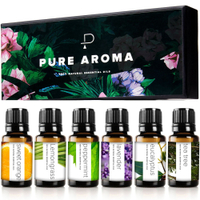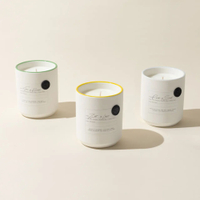How to neutralize bad kitchen odors – 5 methods to banish lingering smells
Rather than just covering odors, these ideas can neutralize odors while adding a pleasant fragrance, making them the easy and effective solution for your home


Are you tired of using the same old methods to keep your kitchen smelling fresh? Unlike standard scented candles, air fresheners, or potpourri, which merely mask odors but don't eliminate them, I found these methods all target the source of odors while adding fragrance.
According to professionals, the secret to maintaining a consistently fresh space and something people with nice-smelling kitchens always do is target the source of bad odors head-on rather than just covering them up with artificial scents. If you're looking for other ways to remove odors and add fragrance to a space, these ingenious tricks can become your new go-to.
With these methods, I can get the best of both worlds: they not only eliminate airborne odors at their source but also infuse pleasant scents into my kitchen, ensuring it remains inviting and fresh-smelling every time I walk in.
5 methods of neutralizing kitchen odors
After a long day of spring cleaning, purging your home of odors, and even trying various techniques to make your home smell nice, there's nothing more enticing than a hearty meal to reward your efforts. However, it can be frustrating that after all that cleaning, your home ends up smelling like whatever you're cooking for dinner, chemical cleaners, or the now full trash.
But fear not! These techniques are designed to get rid of cooking odors, helping you bid farewell to unappealing smells and welcome subtle, natural fragrances that permeate your kitchen, ensuring your hard work doesn't go unnoticed.
1. Essential oils with antimicrobial properties
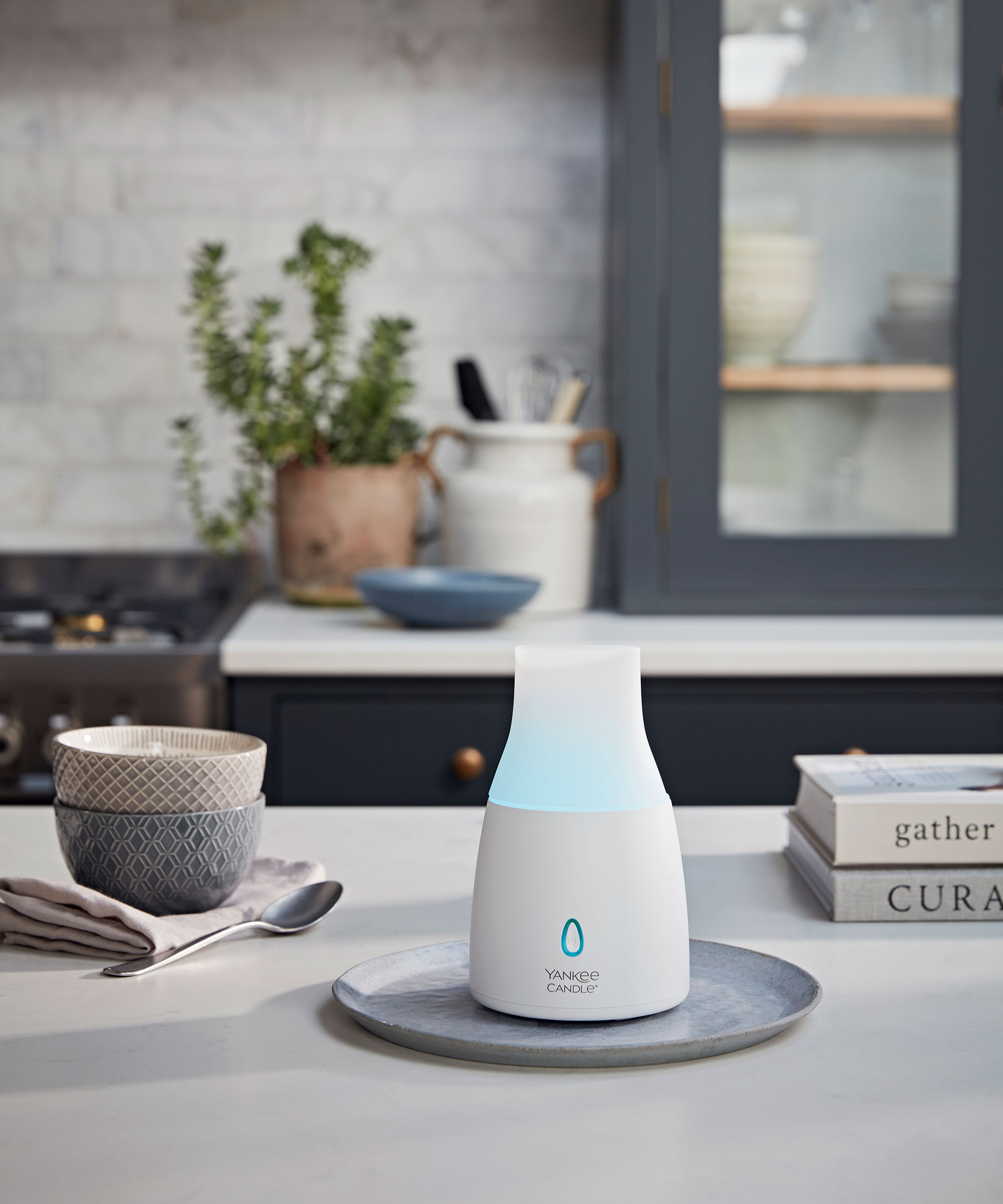
Certain essential oils possess antimicrobial properties, which can eliminate odor-causing airborne bacteria when dispersed into the air.
Some of the most popular essential oils for odor control are lavender, orange, lemon, lemongrass, rosemary, and tea tree. You can choose one but I personally like to create a personalized blend using a selection of my favorite oils.
Using diffusers with essential oils can infuse a space with their aroma while effectively neutralizing and replacing unwanted smells. I recommend this AromaPlan 2024 smart scent diffuser from Amazon to add some of the best home fragrances to your kitchen.
2. Baking soda
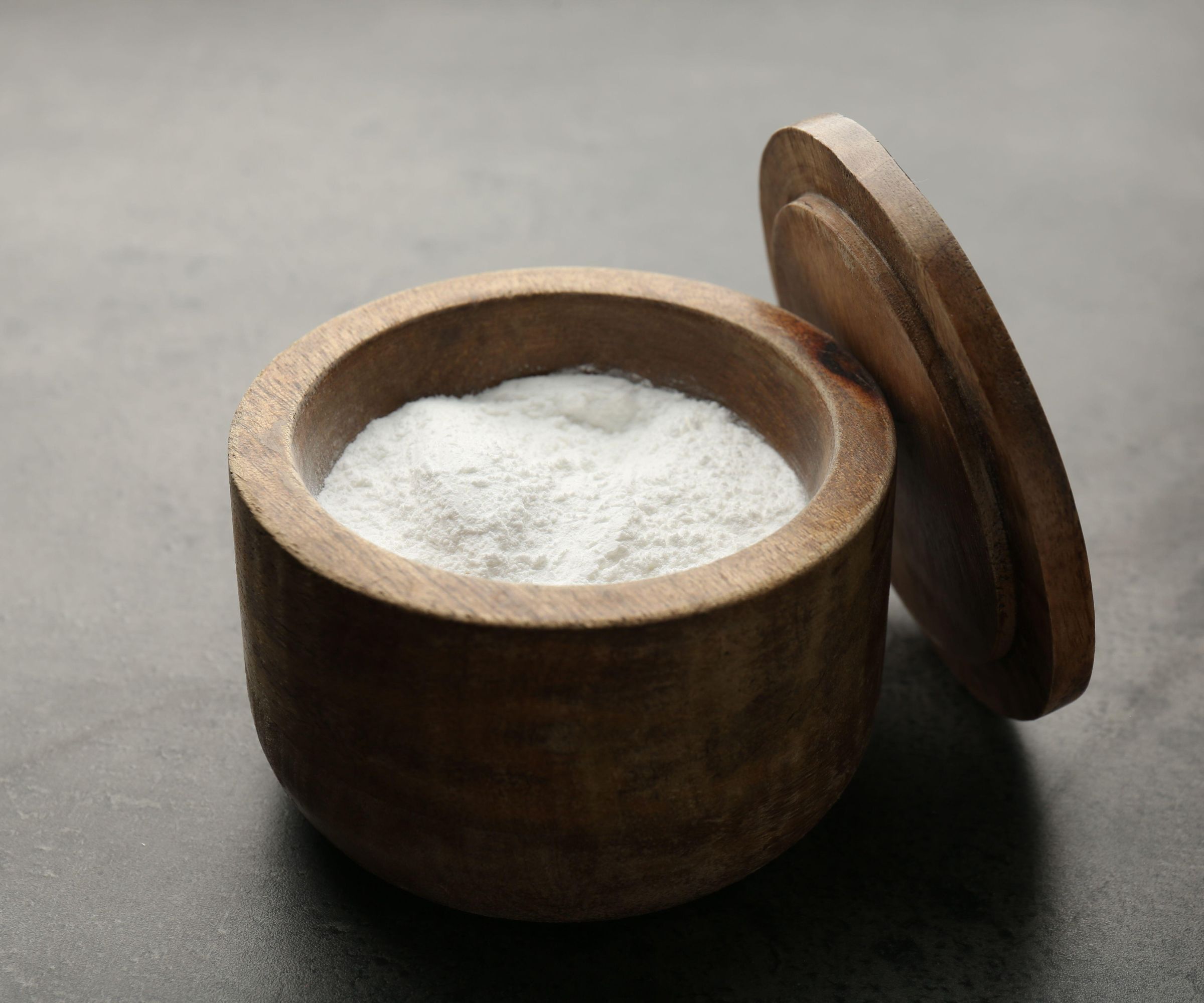
Baking soda is also known for its deodorizing properties. Similarly to the baking soda hack to refresh your closet and banish odors, storing an open tub of baking soda in the refrigerator to keep food smells to a minimum.
I usually add a few drops of my favorite essential oils to baking soda to add a pleasant scent. You can also combine baking soda, essential oil, and water in a spray bottle to create a DIY spray to deodorize fabrics, such as dishtowels.
Doing this can become one of your spring cleaning rules to ensure your space feels completely refreshed.
Essential Oils by PURE AROMA | $9.98 from Amazon
I like this affordable kit because it includes scents like eucalyptus, lavender, lemon grass, orange, peppermint, and tea tree.
3. Candles designed to eliminate odors
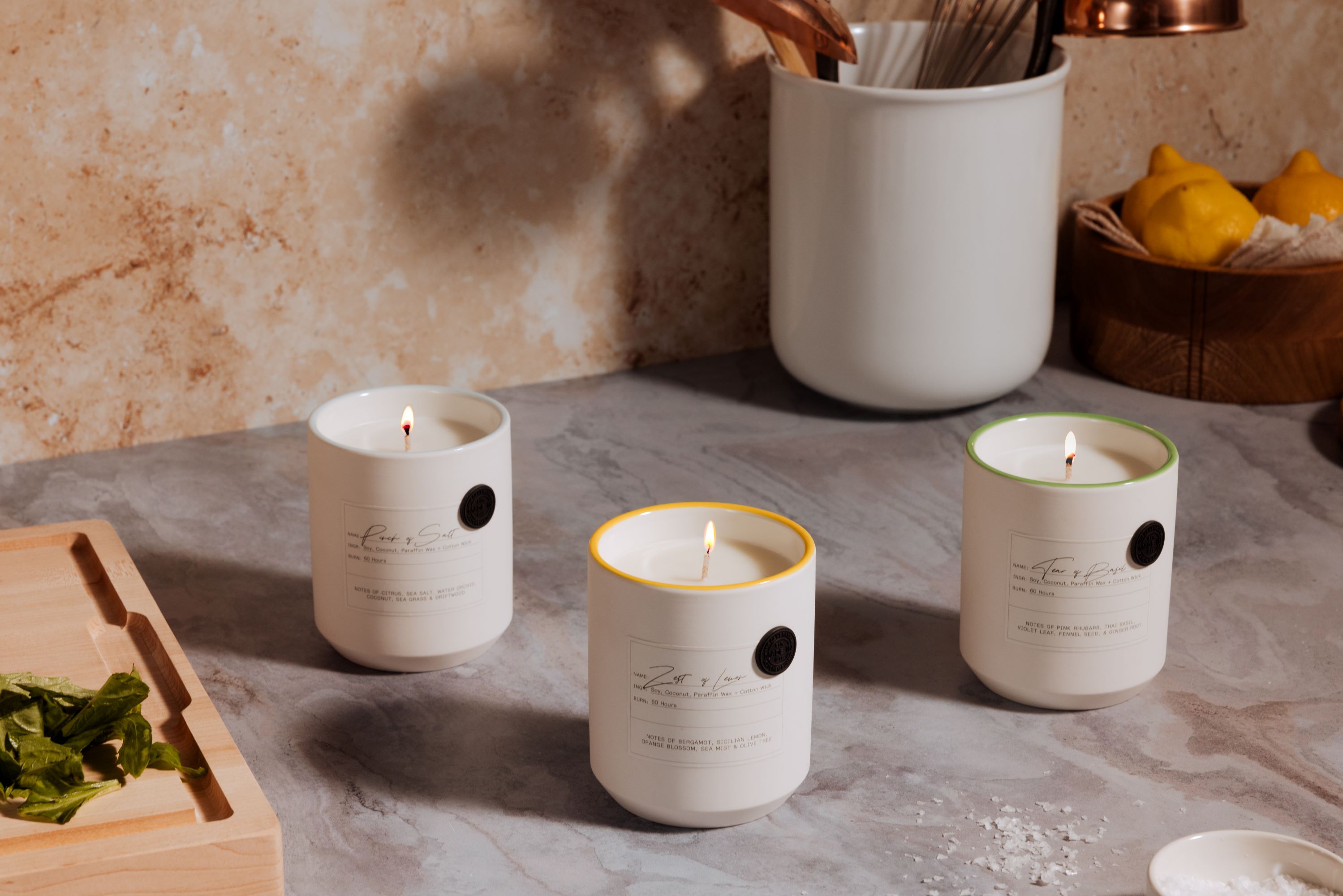
I recently discovered these fantastic candles from Made In Cookware. They are compounded with an odor-neutralizing additive featuring proprietary technology designed to absorb odor molecules.
These candles are made from soy, offering a perfect way to make your home smell nice when you're sensitive to fragrance, or for those who simply prefer a natural approach over chemical deodorizers and fragrances. With scents like "zest of lemon", "tear of basil", and "a pinch of salt", they not only eliminate unwanted smells but also leave behind a natural and refreshing fragrance.
Whether you want to get rid of burnt food smells lingering after cooking or aim to proactively keep smells at bay before they take over the kitchen, lighting one of these odor-absorbing candles from Made In Cookware can be the game-changer you've been looking for.
Kitchen Candle 3-Piece Set | Was $147, now $129 at Made in Cookware
This set of 3 candles each has a 60-hour burn time, making them a non-intrusive but long-lasting investment.
4. Plants
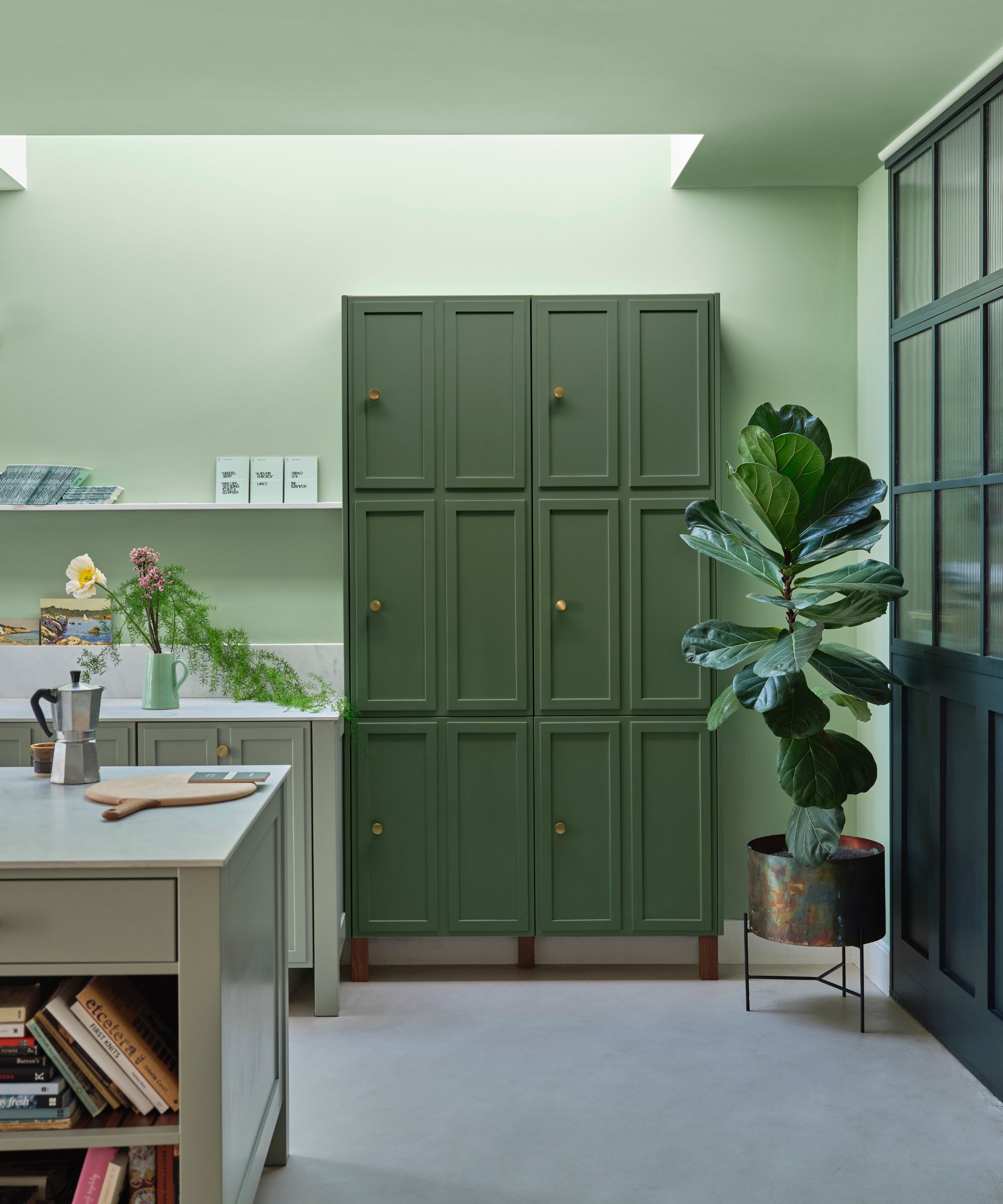
Certain plants can naturally add pleasant scents to a space, but also deodorize them by absorbing odors and purifying the air, removing toxins, through a process called phytoremediation. Some of the plants I use in my kitchen include the snake plant, spider plant, peace lily, bamboo palm, lavender, and mint.
Creating your own indoor herb garden is another way of naturally neutralizing kitchen odors – and there's nothing better than the satisfaction of growing your own seasonings!
5. Simmer pots

Simmer pots are another method I like to use to remove odors from the air.
When heated, the simmering water will release the powerful aromas of your chosen ingredients into the air. In addition to adding a pleasant fragrance to your home, a spring simmer pot can also help improve indoor air quality by adding moisture to the air. In addition to this, many of the ingredients used in simmer pots, such as citrus peels and herbs contain natural deodorizing properties.
Whatever method you use to make your home and kitchen smell nice, one golden rule remains: always target odors before or while adding nice fragrances. While it's tempting to reach for incense sticks or air fresheners to mask unpleasant smells, it's essential to address the source of the odor first.
Sign up to the Homes & Gardens newsletter
Design expertise in your inbox – from inspiring decorating ideas and beautiful celebrity homes to practical gardening advice and shopping round-ups.

Lola Houlton is a news writer for Homes & Gardens. She has been writing content for Future PLC for the past six years, in particular Homes & Gardens, Real Homes and GardeningEtc. She writes on a broad range of subjects, including practical household advice, recipe articles, and product reviews, working closely with experts in their fields to cover everything from heating to home organization through to house plants. Lola is a graduate, who completed her degree in Psychology at the University of Sussex. She has also spent some time working at the BBC.
-
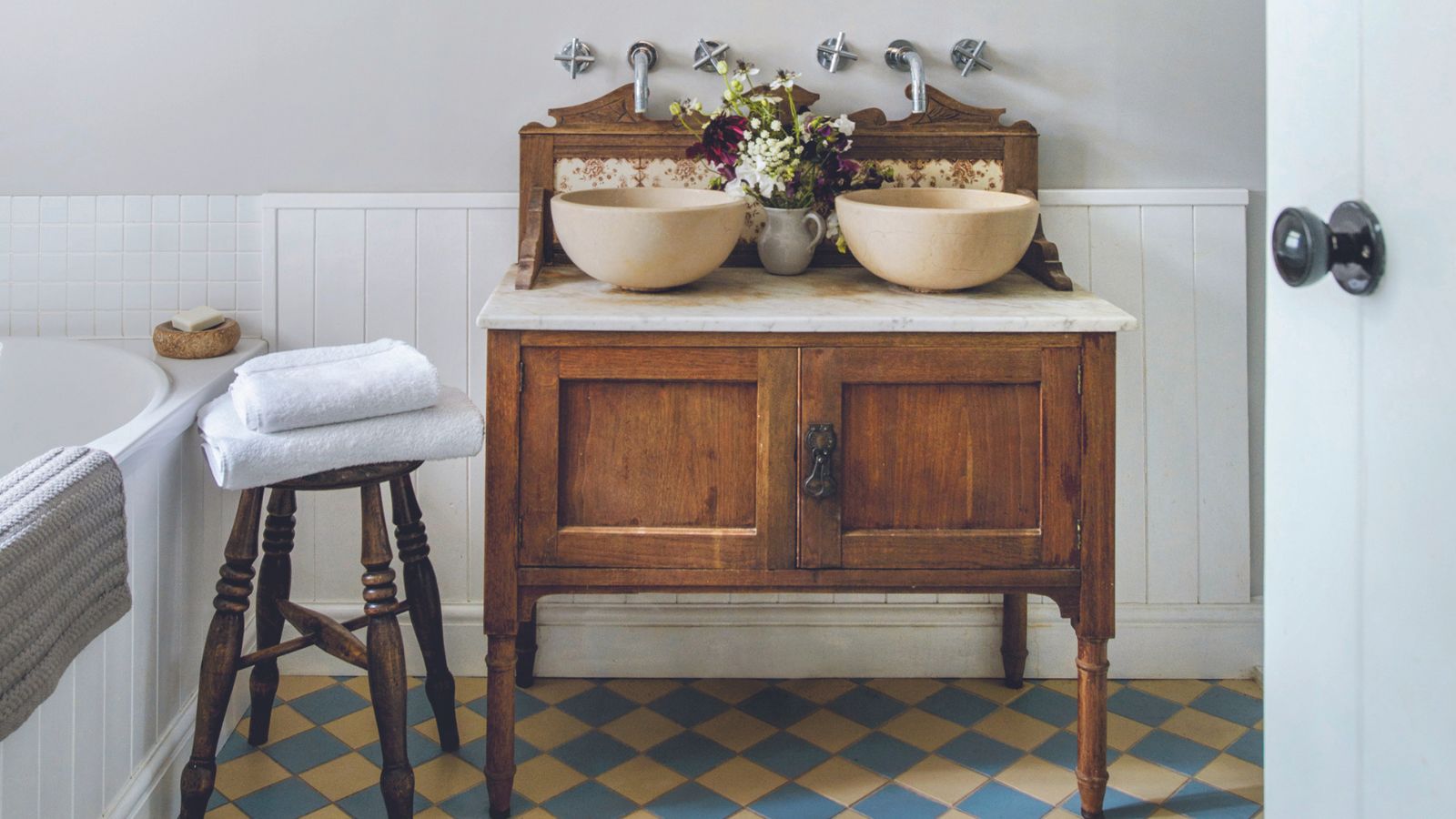 I'm 5ft2 and this telescopic scrubber safely and easily banished mold and grime in even the hardest-to-reach areas of my bathroom in less than 15 minutes
I'm 5ft2 and this telescopic scrubber safely and easily banished mold and grime in even the hardest-to-reach areas of my bathroom in less than 15 minutesMy bathroom has never looked better thanks to this handy $16 two-in-one tool from Joseph Joseph
By Ottilie Blackhall Published
-
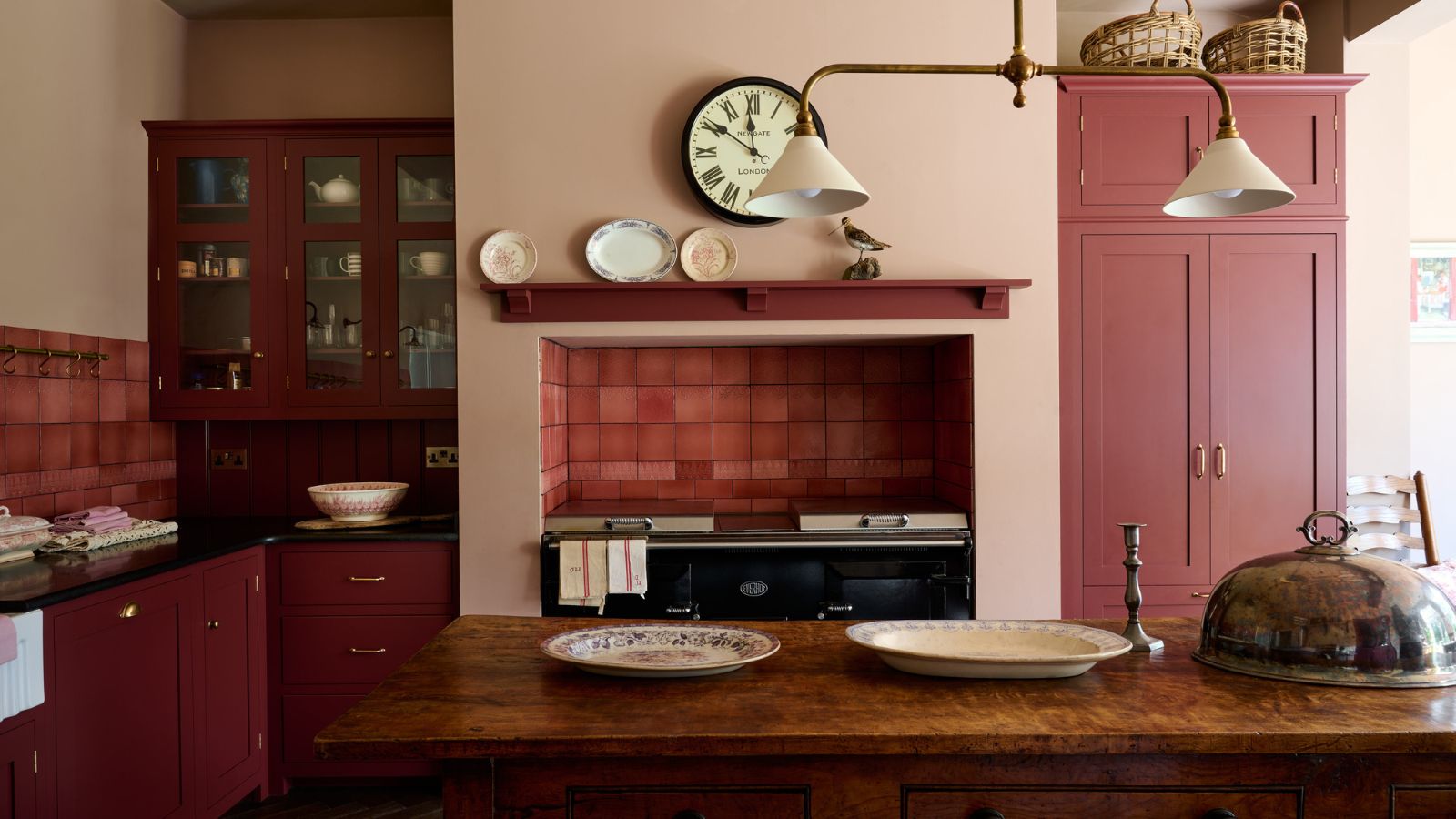 Everyone is obsessed with vintage tiles right now – bring the nostalgic charm of this classic design feature into your home with our 5 design ideas
Everyone is obsessed with vintage tiles right now – bring the nostalgic charm of this classic design feature into your home with our 5 design ideasHonor the past with our favorite ways to decorate with vintage tiles, as suggested by interior design experts
By Eleanor Richardson Published
